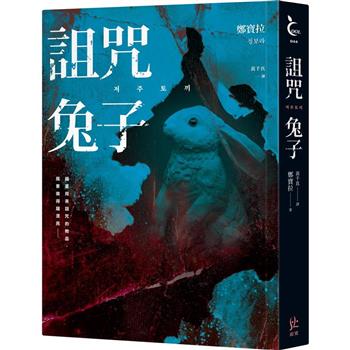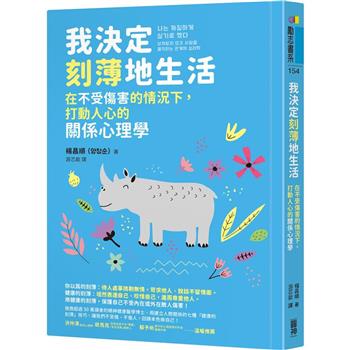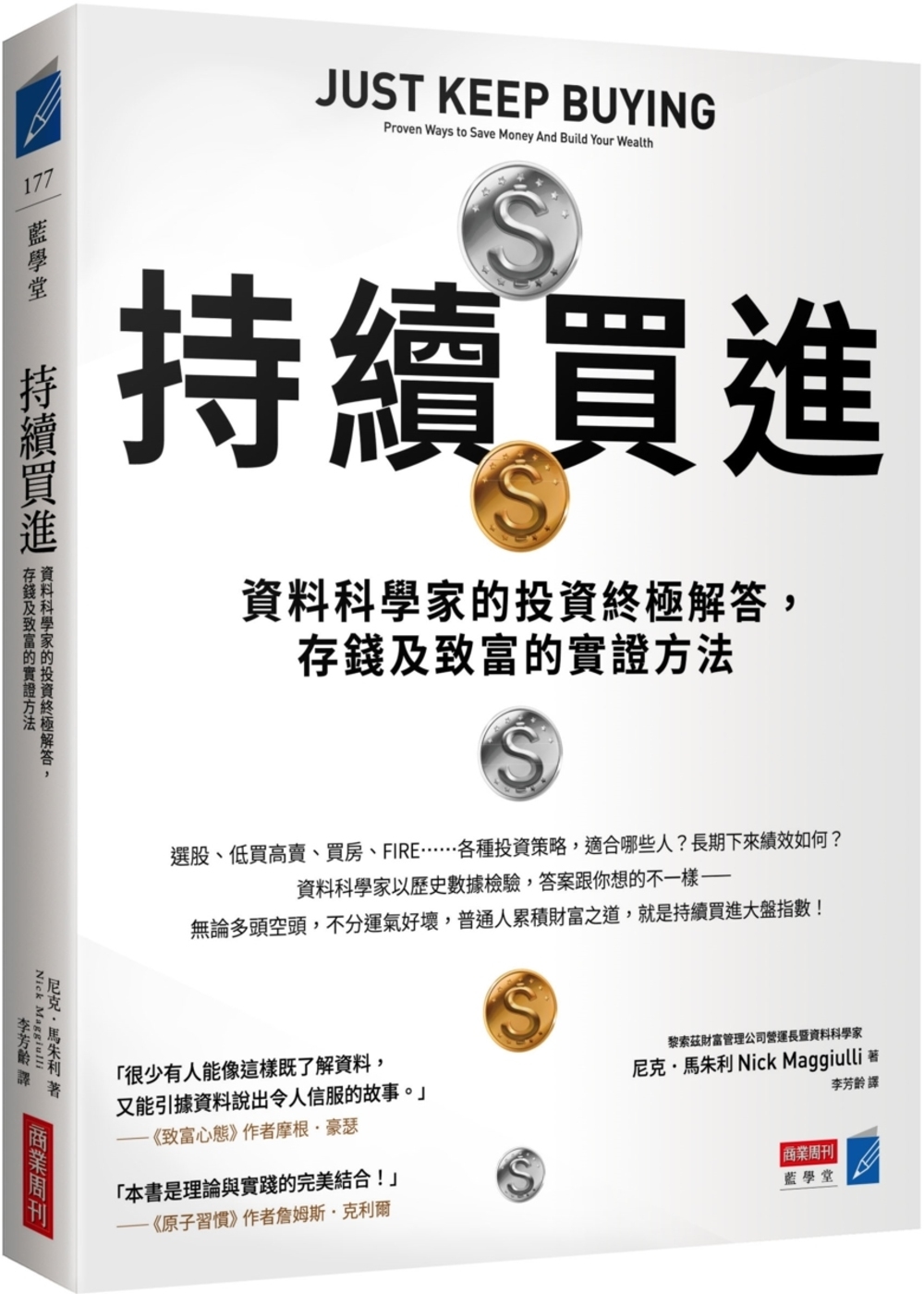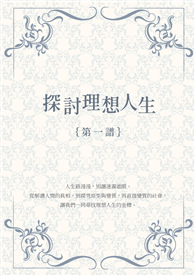As publishers in private printing presses, as writers of dissident texts and as political campaigners against censorship and for intellectual freedom, a radical group of twentieth-century Irish women formed a female-only coterie to foster women’s writing and maintain a public space for professional writers. This book documents the activities of the Women Writers’ Club (1933-1958), exploring its ethos, social and political struggles, and the body of works created and celebrated by its members. Examining the period through a history of the book approach, it covers social events, reading committees, literary prizes, publishing histories, modernist printing presses, book fairs, reading practices, and the various political philosophies shared by members of the Club. It reveals how professional women writers deployed their networks and influence to carve out a space for their writing in the cultural marketplace, collaborating with other artistic groups to fight for creative freedoms and the right to earn a living by the pen. The book paints a vivid portrait of the Women Writers’ Club, showcasing their achievements and challenging existing orthodoxy on the role of women in Irish literary life.
| FindBook |
有 1 項符合
Literary Coteries and the Irish Women Writers’’ Club (1933-1958)的圖書 |
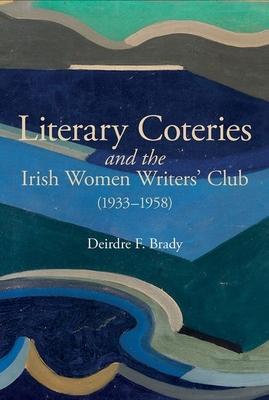 |
Literary Coteries and the Irish Women Writers’’ Club (1933-1958) 作者:Brady 出版社:Liverpool University Press 出版日期:2021-08-31 語言:英文 規格:精裝 / 208頁 / 普通級/ 初版 |
| 圖書館借閱 |
| 國家圖書館 | 全國圖書書目資訊網 | 國立公共資訊圖書館 | 電子書服務平台 | MetaCat 跨館整合查詢 |
| 臺北市立圖書館 | 新北市立圖書館 | 基隆市公共圖書館 | 桃園市立圖書館 | 新竹縣公共圖書館 |
| 苗栗縣立圖書館 | 臺中市立圖書館 | 彰化縣公共圖書館 | 南投縣文化局 | 雲林縣公共圖書館 |
| 嘉義縣圖書館 | 臺南市立圖書館 | 高雄市立圖書館 | 屏東縣公共圖書館 | 宜蘭縣公共圖書館 |
| 花蓮縣文化局 | 臺東縣文化處 |
|
|
圖書介紹 - 資料來源:博客來 評分:
圖書名稱:Literary Coteries and the Irish Women Writers’’ Club (1933-1958)
|
